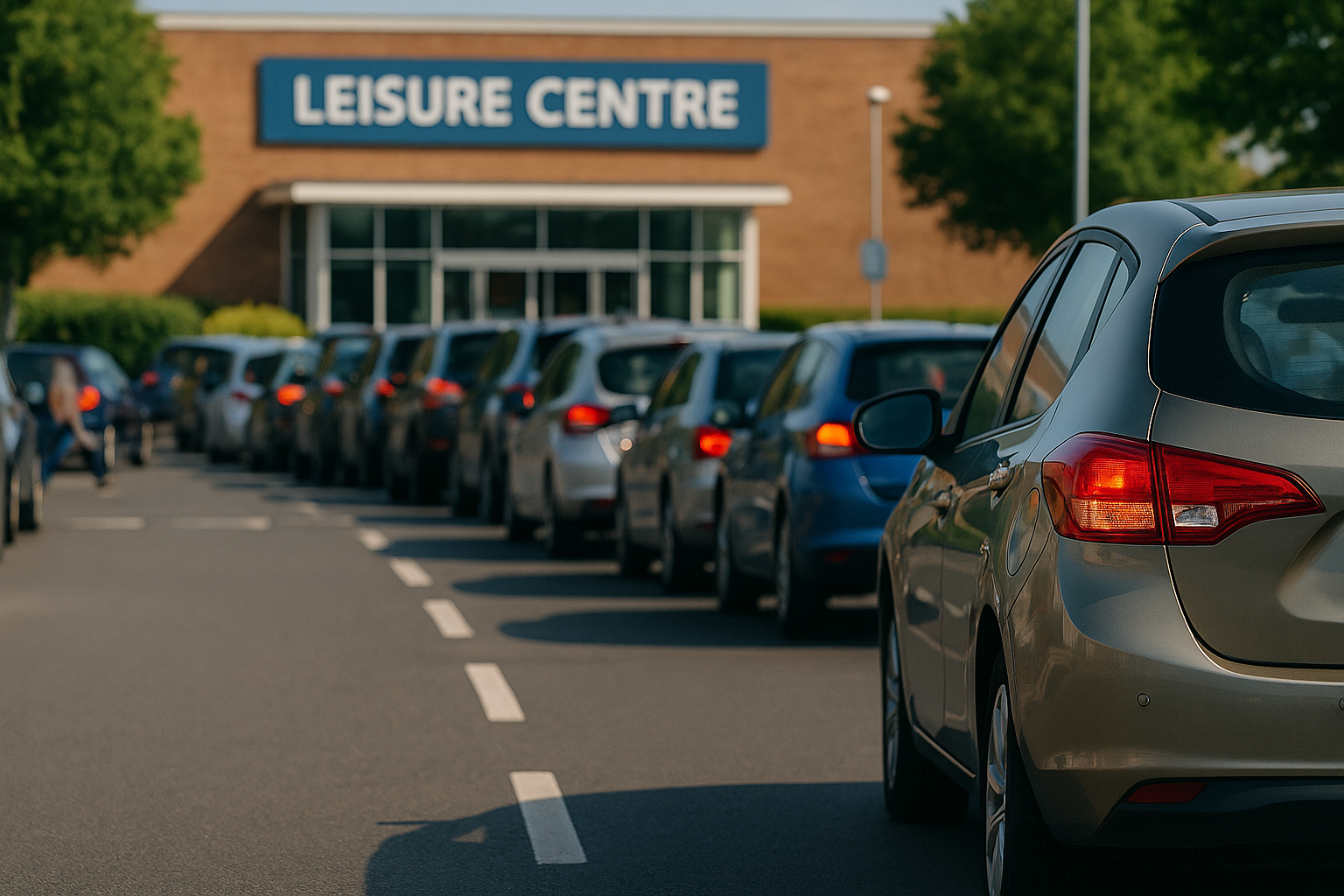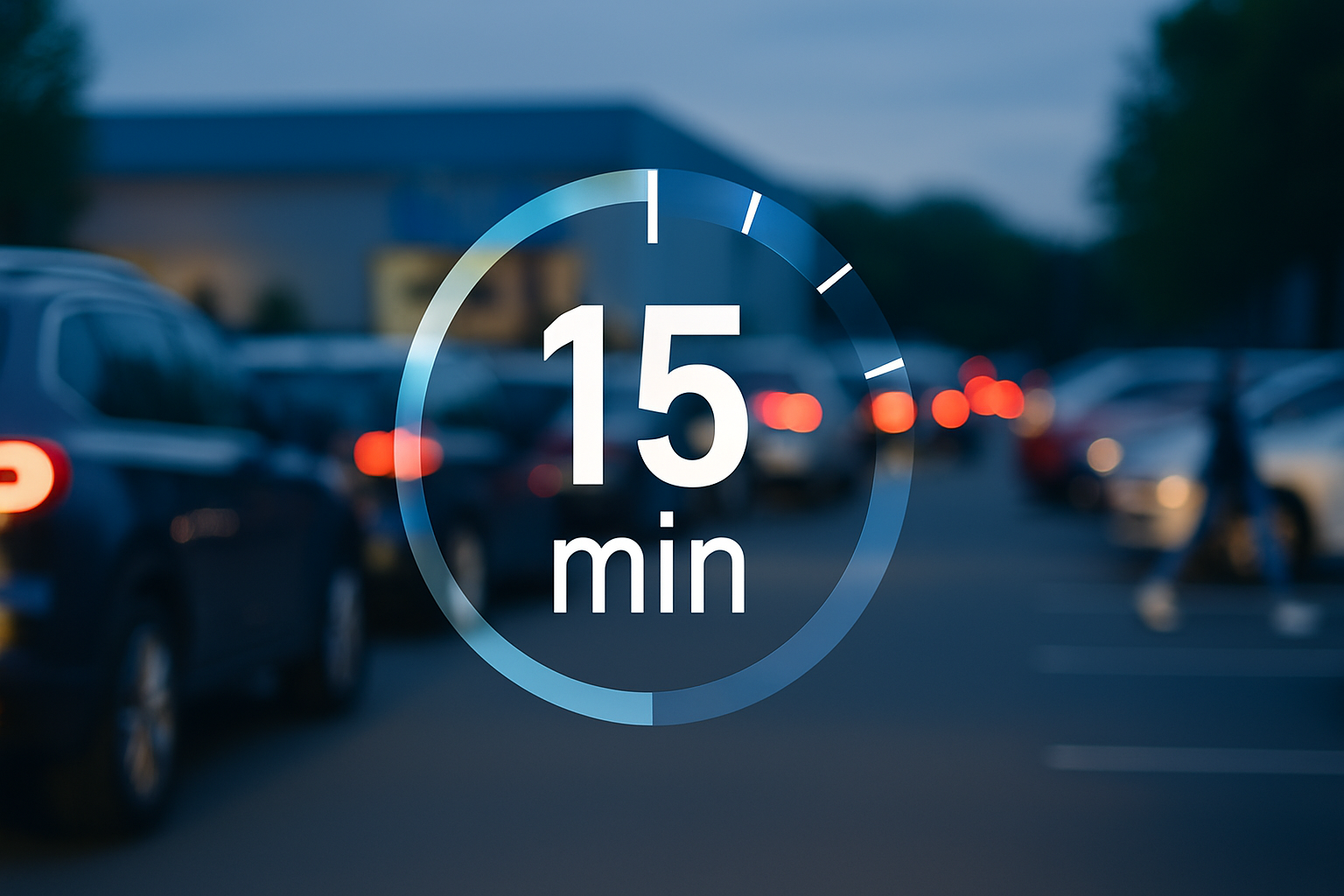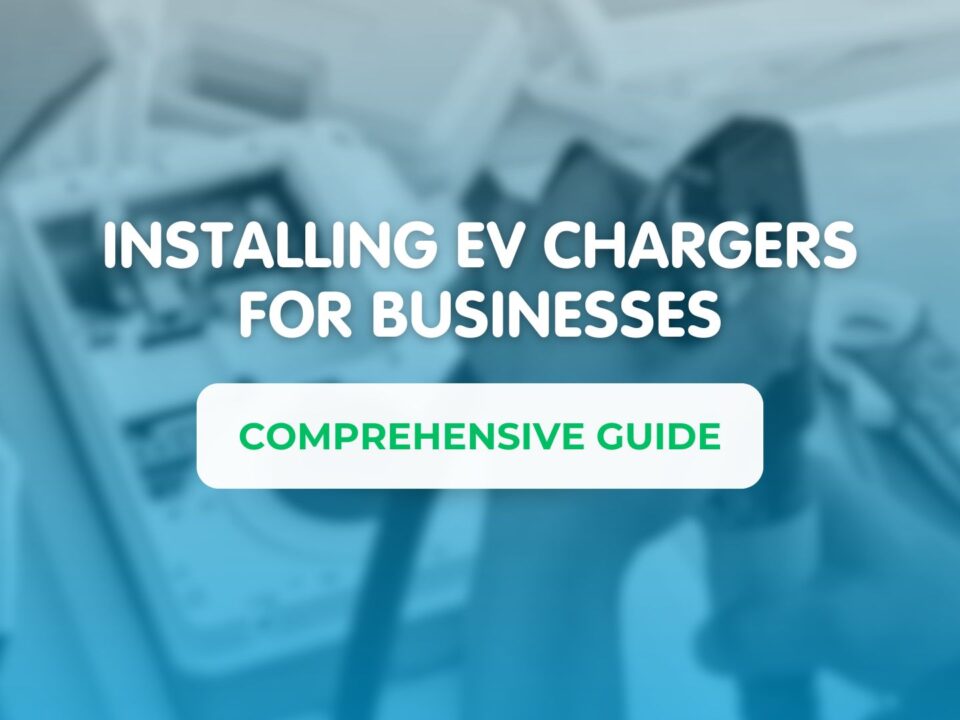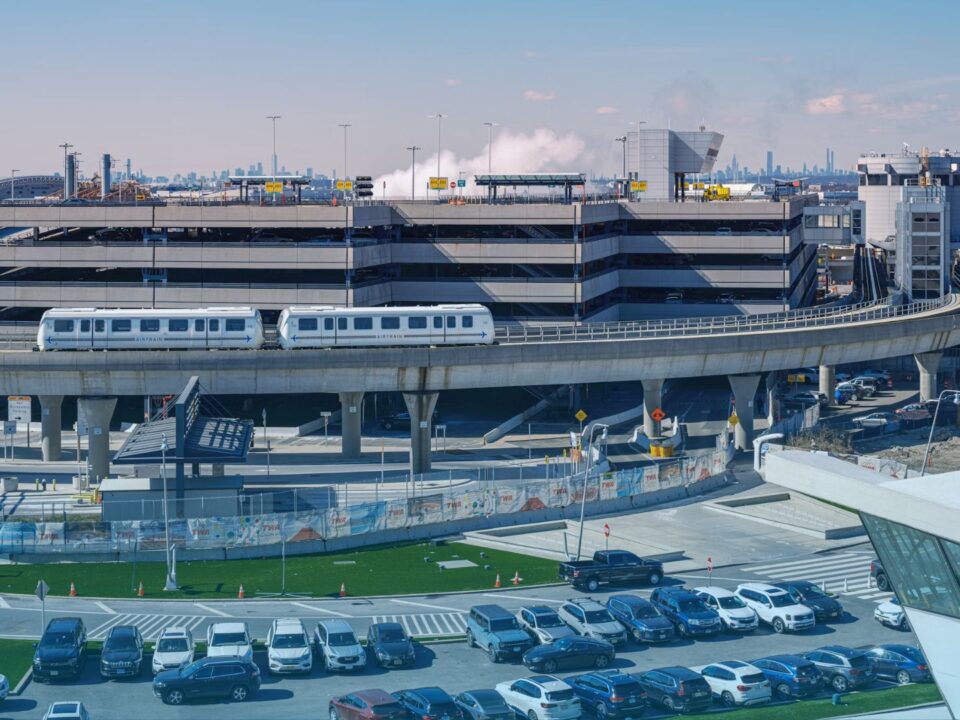The 5 minute stop that costs you all day

What does ESG have to do with your car park?
05/08/2025
Parking and the High Street comeback
03/09/2025Why short stops within the grace period can still cause long-lasting disruption
Every car park we manage comes with something built in: a minimum 10-minute “consideration period”.
That might surprise you if you’ve ever imagined private car park management as a stopwatch operation. It isn’t. Those ten minutes are there for fairness. They give people time to park, read the signs, decide what to do, and get on with their visit without the clock hanging over them.
So this isn’t about issuing penalties for quick visits.
It’s about what happens when “just five minutes” - well within that fair allowance - still manages to knock the whole place off balance.
Small stops, big consequences
Because five minutes isn’t always just five minutes.
It can be the only disabled bay in a clinic’s car park, taken by someone “just nipping in” to collect something. They’re back before the clock runs out. But the patient who arrived three minutes later couldn’t park at all. They left. The appointment was missed. And the disruption didn’t stop there - that slot will now need to be re-booked, which might mean someone else waits longer for treatment.
No rules broken. But the harm is real.
And once you see it in one place, you start seeing it everywhere.
Picture a delivery driver who stops right in the entrance. “Won’t be a moment.” Seven minutes later, they’re gone - but in that time, three cars have queued on the access road, blocking the pavement crossing. One driver pulls a risky manoeuvre to get out. And the site manager is now dealing with a complaint before they’ve even had their first coffee.
Again - well within the rules.
But also, a ripple effect that stretches far beyond the “moment” it took.

When disruption becomes the norm
The trouble is, these ripples build up.
A small GP surgery on a high street. Two shoppers take the last available spaces. They’ll be back in eight minutes. In the meantime, a patient with limited mobility drives in, sees nowhere to park, and leaves. The GP waits, and then the slot’s gone. The patient now has to rearrange - not always easy when you rely on others for transport.
Five minutes here. Eight minutes there. But it adds up.
And it’s not just about people.
Sometimes it’s about flow - the invisible rhythm of a car park that works only because most people are in and out as intended. Break the rhythm, and the system creaks.
Like the supermarket Keep Clear lane. A lorry stops there for “just a few minutes” to drop off something urgent. Except while it’s there, the store’s own delivery can’t back in. Stocking is delayed. Customers can’t get what they came for. The store is left with queues and frustration.
All because someone was “in a hurry.”
Now, you might think these are just bad luck moments.
And sometimes, they are. But what we notice is that once people see a short stop go unchallenged, it becomes a habit. And once it becomes a habit, it spreads.
That’s when your five-minute stop turns into dozens of them, scattered through the day.
Habits, not accidents
And here’s where the clock doesn’t help you.
The ten-minute grace period is there to protect fairness, not to create a loophole. It doesn’t address patterns. And patterns are where car park management really matters.
It’s the difference between a site that works most of the time, and one where frustration is baked in.
Managing for patterns, not moments
That’s why we look beyond the stopwatch.
We start with design - making sure spaces are clearly marked, entrances are open, and it’s easy to see where you should (and shouldn’t) stop. Then we think about who actually needs the space, and how to make sure they can use it when they arrive.
Our Simplified Systems
Sometimes that means simple changes: clearer signs, more visible disabled bays, or loading areas placed so they don’t block flow.
Sometimes it means technology - systems that let legitimate visitors register their stay quickly, so they’re not caught up in any confusion.
And yes, sometimes it means proportionate enforcement when short stops become disruptive patterns.
Keeping the bigger picture in mind
But always, it’s about the people.
Because a car park isn’t just paint on tarmac. It’s the start and end of someone’s day. It’s the difference between making it to the appointment or missing it entirely. Between shopping comfortably or leaving in frustration. Between arriving calm, or stressed before you’ve even stepped inside.
Those are the stakes.
Even the environmental side matters.
Short blockages cause queues. Queues mean idling engines. Idling engines mean more emissions. It’s a small amount in any one moment, but spread it over a year and the impact isn’t so small anymore.
And here’s the thing - most people who cause these problems don’t even know they’ve done it.
The shopper who “just” stopped in a staff bay. The driver who “just” left the van in the entrance. The parent who “just” used the pick-up zone for a chat.
They’re back in under ten minutes. They haven’t broken any rules. They carry on with their day.
It’s everyone else whose day gets bent out of shape.

So when we talk about the five-minute stop, we’re not talking about being punitive.
We’re talking about awareness. About showing why patterns matter. About making sure the people a car park is designed for can actually use it.
And about managing the space so that a short stop doesn’t end up costing everyone else all day.
We’ll always give people time to figure out what to do. That’s the right thing to do.
But we’ll also keep looking at the bigger picture - the rhythm, the flow, the patterns - so those ten minutes remain a courtesy, not a loophole.
Because that’s how you keep a car park working for the people it’s meant for.




